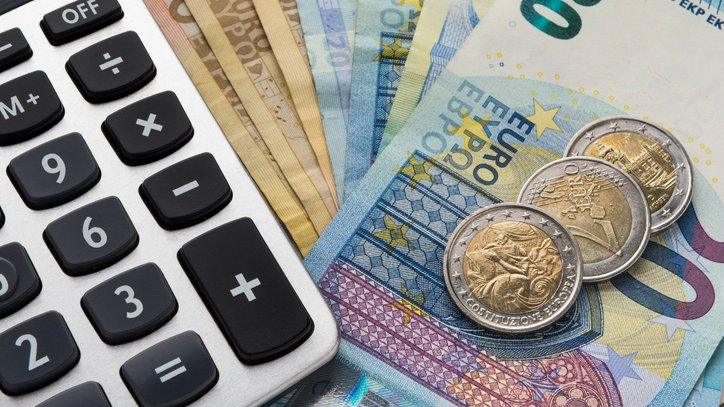Irish budget: No-deal Brexit fears lead to expectation of caution
- Published
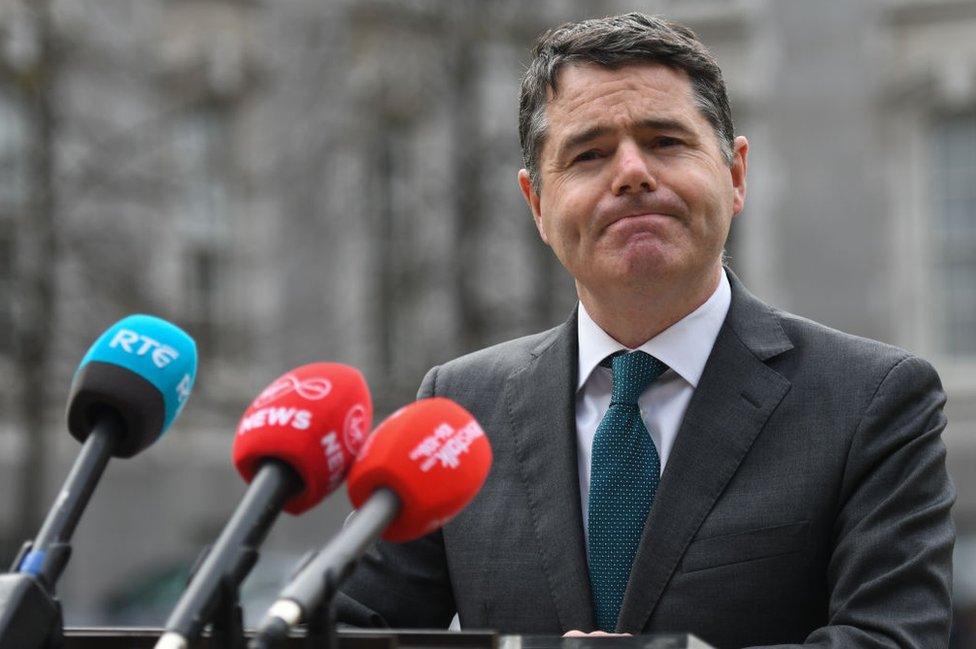
Paschal Donohoe is expected to deliver a cautious budget
The next Irish budget will be presented on the assumption there will be a no-deal Brexit.
And it is almost certain to be the last budget before a general election in the Republic of Ireland.
Irish economic growth is expected to be close to 6%.
But when Finance Minister Paschal Donohoe stands up in the Dáil (Irish parliament) next Tuesday, he will have to tell his audience there will not be too many give-aways.
There have been several economic forecasts warning about how badly affected the Republic of Ireland could be by a no-deal Brexit.
The Irish government's own summer statement predicted that a disorderly UK withdrawal could see an expected government surplus turn to a deficit of up to 1.5% with an estimated loss of up to 50,000 jobs.
There have also been predictions that the country - which already has a debt pile of €200bn (£176bn), mainly a legacy of the 2008 economic crash - will have to start borrowing again more than it would like.
History of finding money
Budget days in Dublin in recent years have largely been drama-free - boring, even.
Mr Donohue's starting point is that he has €2.8bn for tax cuts and public spending rises.
But when you take pre-committed spending into account - such as public sector pay agreements - he really only has €700m.
Then again, Irish finance ministers have a history of finding extra money down the back of the sofa in the days just before the budget announcement.
Mr Donohoe's Fine Gael party is in a confidence-and-supply arrangement with Fianna Fáil, and the main opposition party will have a big say in the 2020 budget.
Fianna Fáil has made it clear that it would oppose the introduction of tax cuts that Taoiseach (Irish Prime Minister) Leo Varadkar said at his last party conference he would like to introduce.
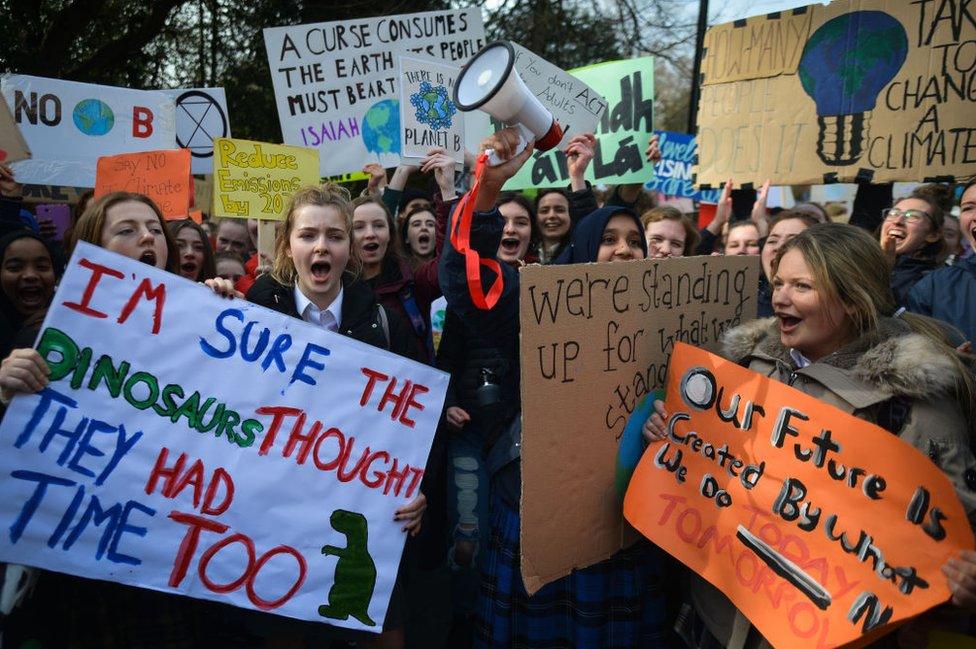
Measures to address climate change are likely to feature in the budget, with protests demanding action having taken place in Dublin and around the world last month
Many politicians and economists privately believe the cautious approach associated with the no-deal Brexit budget assumption is a blessing in disguise.
That is because the government has, for years, been resisting the warnings of the Irish Fiscal Advisory Council, a body set-up after the crash to assess and warn against potentially dangerous policies.
Those warnings have been that the country's debt is too high and that it runs the risk of becoming over reliant on the corporate tax returns for day-to-day spending.
Most of the major US high-tech IT companies have a presence in the Republic of Ireland, which has a low corporation tax rate of 12.5%.
Those returns are predicted to fall in about two years' time, due to a change in US corporation tax rates.
And the Irish open economy makes it more vulnerable to events beyond its control, like trade wars.
Election-winning budget?
But some predictions about the contents of budget 2020 can be made with a degree of certainty.
There will be an increase in carbon taxes as a measure to deal with climate change, and the Department of Health will again need more money - it hardly ever stays in budget.
Fine Gael likes to portray itself as the responsible party of sound money, as opposed to the spendthrift opposition.
Many respected economists would beg to differ with the party's self-image, but Mr Donohoe - courtesy of Brexit - is expected to deliver a cautious budget.
The question on the benches behind him is: will it be an election-winning budget?
Events in London and beyond may have a much bigger influence on the Irish general election result than what Mr Donohoe unveils.
- Published3 October 2019
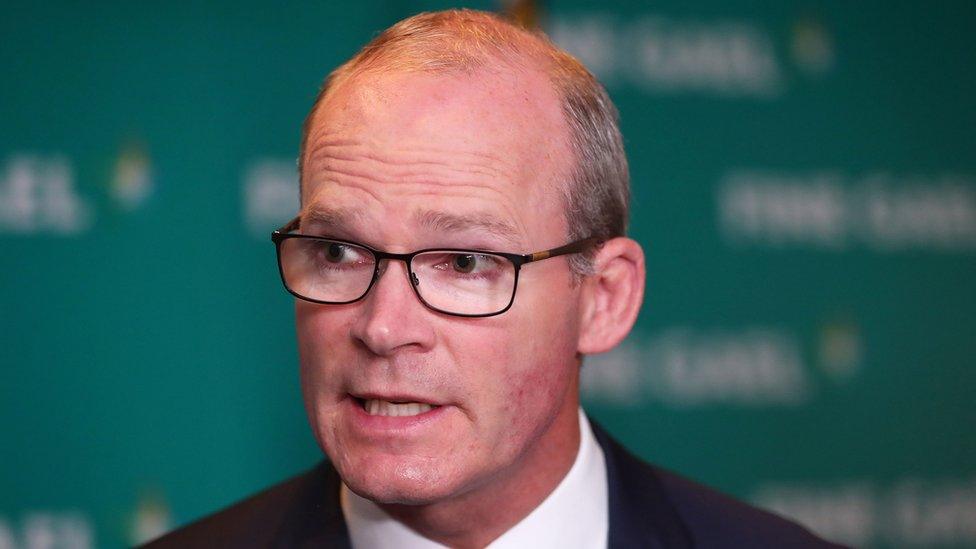
- Published25 June 2019
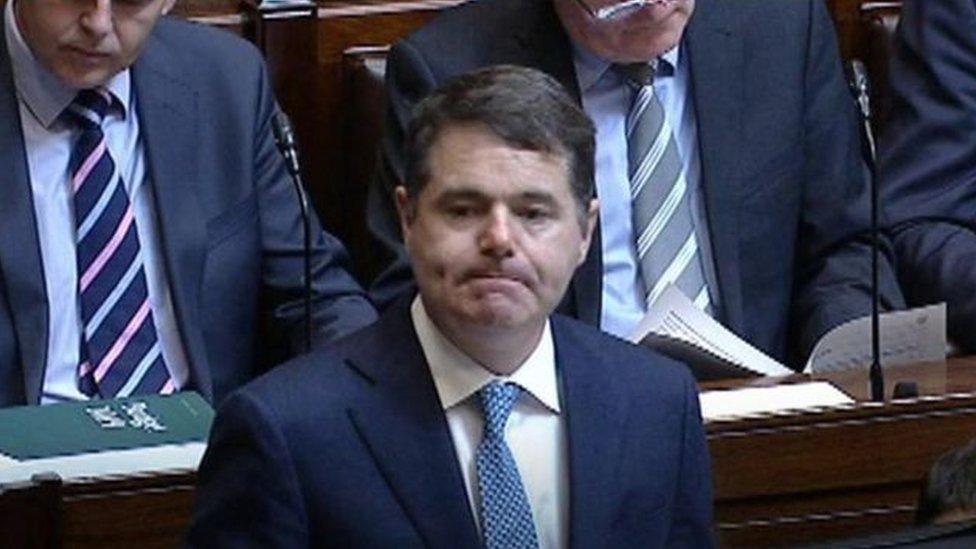
- Published9 October 2018
